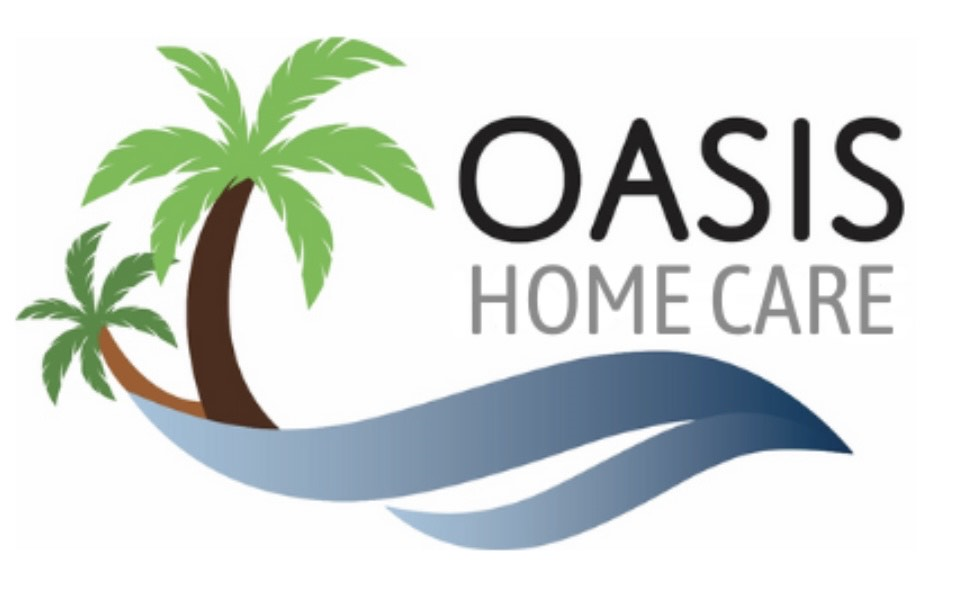Adult Foster Care
Overview of the Adult Foster Care (AFC) Program
The Massachusetts Adult Foster Care (AFC) Program allows participants to live in a private home with a caregiver who provides 24-hour supervision, personal care assistance, and homemaking services. This program is designed for state residents who need help with their Activities of Daily Living (ADLs), such as bathing, grooming, dressing, eating, mobility, and toileting, due to physical, medical, or cognitive limitations. While the program is open to individuals as young as 16, it is particularly beneficial for seniors who require support due to age-related issues or conditions like Alzheimer’s disease and other dementias.
Caregivers must be at least 18 years old and can be close friends or family members, such as adult children, grandchildren, siblings, or nieces/nephews. However, spouses and legal guardians are not eligible to serve as caregivers. Caregivers are employed by AFC providers contracted by MassHealth and can care for up to three program participants in one home.
Program participants must live in a private home, either moving into their caregiver’s home or having the caregiver move into theirs. They cannot reside in rest homes, group homes, or assisted living facilities. For those needing care in an assisted living setting, the Group Adult Foster Care (GAFC) Program is available.
As an entitlement program, anyone who meets the state’s Medicaid eligibility criteria is guaranteed to receive benefits under the AFC Program, with no cap on the number of participants.
Also known as the Adult Family Care Program, AFC is a long-term care service provided through Massachusetts’ MassHealth Medicaid program.
Benefits of the Adult Foster Care Program
Participants in the AFC Program receive a comprehensive range of benefits, including:
Eligibility Requirements for MassHealth Adult Foster Care Program
To qualify for the AFC Program, participants must be Massachusetts residents aged 16 or older who are unable to live independently due to medical or mental conditions that prevent them from completing their Activities of Daily Living. Additional eligibility criteria apply for individuals aged 65 and older.
